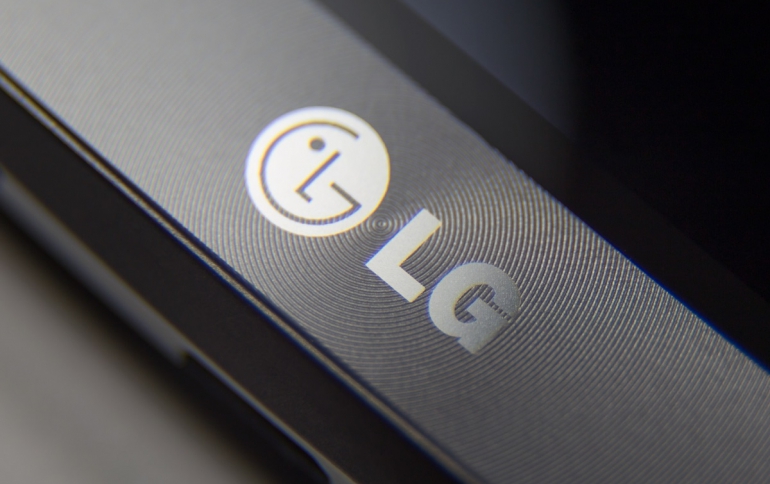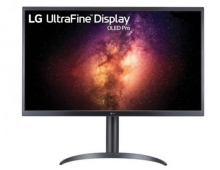
LG to Boost Its Components Business
LG Electronics plans to tackle market uncertainty by realigning its revenue stream focusing on a stable business-to-business (B2B) sector. "We plan to make our B2B sectors take up half of our sales," LG Electronics' home and appliance (H&A) division chief Cho Seong-jin said in a press conference, on the sidelines of this year's IFA tradeshow in Germany, Friday.
"B2B is a stable revenue source, compared to the volatile business-to-consumer (B2C) sector," he said. "We are on a track to shift our business portfolio by offering not just components, but also systems. At the moment, some 20 percent of our sales come from the B2B sector. In particular, the parts business can become a long-term, stable revenue source, once we establish trustworthy relations with our clients."
The B2B solutions include turnkey projects for its clients. The H&A chief cited a recent partnership with Incheon International Airport over deploying humanoid robots there.
The move is in line with LG's group-wide strategy to focus on the more stable yet profitable B2B sector.
In March, LG launched its premium appliances brand ― LG Signature ― whose selection includes an organic light-emitting-diode (OLED) TV, a refrigerator with a touch-screen and a dual tub washer.
At IFA, the company also unveiled a concoction of Signature products tailor-made for European customers.
During the press conference, the appliance chief of LG Electronics highlighted that the Signature brand will have an impact on its other lineups.
"We expect the LG Signature's premium image to help drive up sales for our cheaper lineups," he said.
"Once LG Signature is acknowledged as a premium brand in the market, other products in the non-Signature lineup will also be regarded as near-premium items, due to Signature's brand power. That is what we aim for," he said.
LG Electronics also said on Sunday it will aggressively invest in robots, seeking to capitalize on advancing artificial intelligence that may eventually lead to sophisticated machines performing everyday human tasks.
The company's appliances division is preparing the firm's entry into the robotics industry with the aim to develop products that will work closely with home appliances products such as refrigerators, washers and air conditioning units.
"We will prepare for the future by aggressively investing in smart home, robots and key components and strengthen the home appliances business's capabilities," said Jo Seung-jin, head of LG's appliances business, in the statement.
Advances in fields such as artificial intelligence and wireless communications are allowing for more sophisticated machines that can talk to each other via the internet and perform more complex tasks.





















